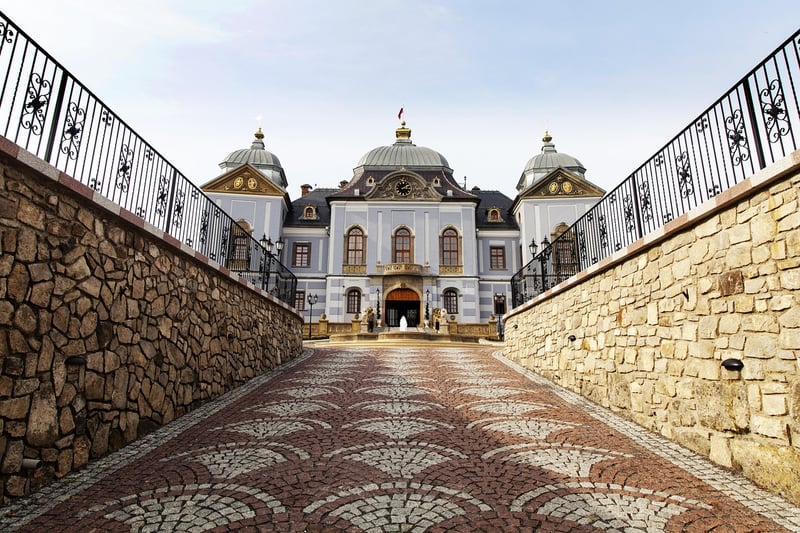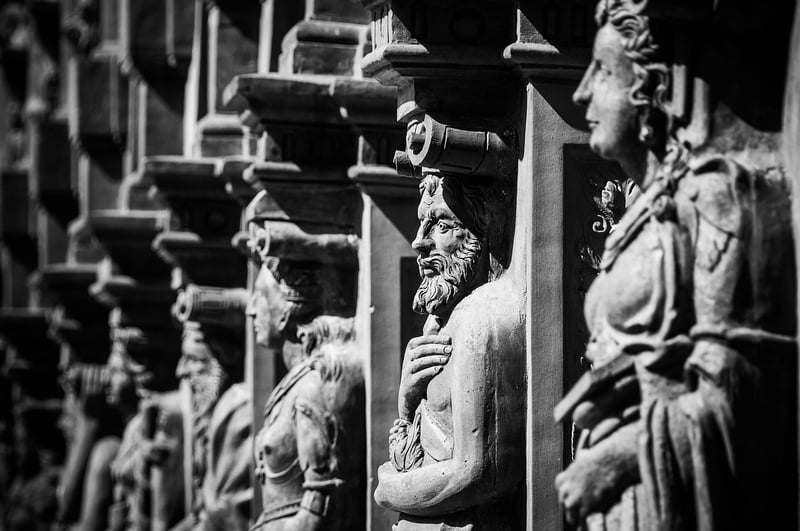Renaissance Rediscovery
Revisiting Pivotal Moments in History: The Renaissance Rediscovery
The Renaissance period was a transformative era in European history that saw a revival of interest in art, culture, and learning. This period, which spanned roughly from the 14th to the 17th century, brought about significant changes in various aspects of society. One of the key features of the Renaissance was the rediscovery of classical knowledge and the arts, which had a profound impact on the development of Western civilization.
The Renaissance Rediscovery: Unearthing the Past
During the Renaissance, scholars and artists became fascinated with the achievements of ancient Greece and Rome. They sought to emulate and build upon the works of classical antiquity, leading to a resurgence of interest in literature, philosophy, science, and the arts. This rediscovery of classical knowledge played a crucial role in shaping the intellectual and cultural landscape of the time.
Pivotal Moments in Renaissance Rediscovery
1. Humanism and the Study of Classical Texts
Humanism, a philosophical and intellectual movement that focused on human potential and achievements, became a guiding principle during the Renaissance. Scholars like Petrarch and Erasmus championed the study of classical texts, leading to a renewed appreciation for the works of ancient writers such as Homer, Plato, and Cicero.
2. Artistic Innovation and Perspective
Artists during the Renaissance, such as Leonardo da Vinci, Michelangelo, and Raphael, revolutionized the field of art through their mastery of techniques and their exploration of perspective, anatomy, and realism. Their works reflected a deep understanding of classical aesthetics and a commitment to portraying the human experience with unprecedented depth and emotion.
3. Scientific Advancements and Exploration
The Renaissance was also a time of significant scientific progress and exploration. Figures like Copernicus, Galileo, and Vesalius challenged prevailing beliefs about the natural world, leading to groundbreaking discoveries in fields such as astronomy, physics, and anatomy. Their work laid the foundation for the scientific revolution that would follow in the centuries to come.
Impact and Legacy
The Renaissance rediscovery of classical knowledge had a lasting impact on European culture and paved the way for the modern era. It inspired new ways of thinking, artistic expression, and scientific inquiry that continue to shape our world today. By revisiting the pivotal moments of this period, we gain a deeper appreciation for the rich tapestry of ideas and innovations that emerged during this transformative time in history.

Explore more about the Renaissance and its rediscoveries through The Metropolitan Museum of Art.
